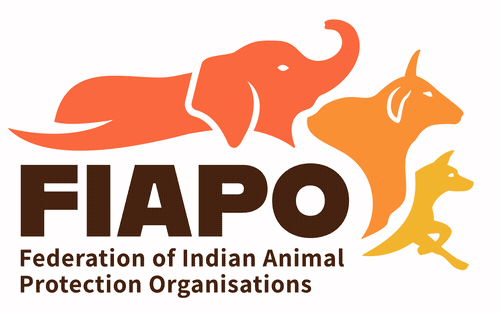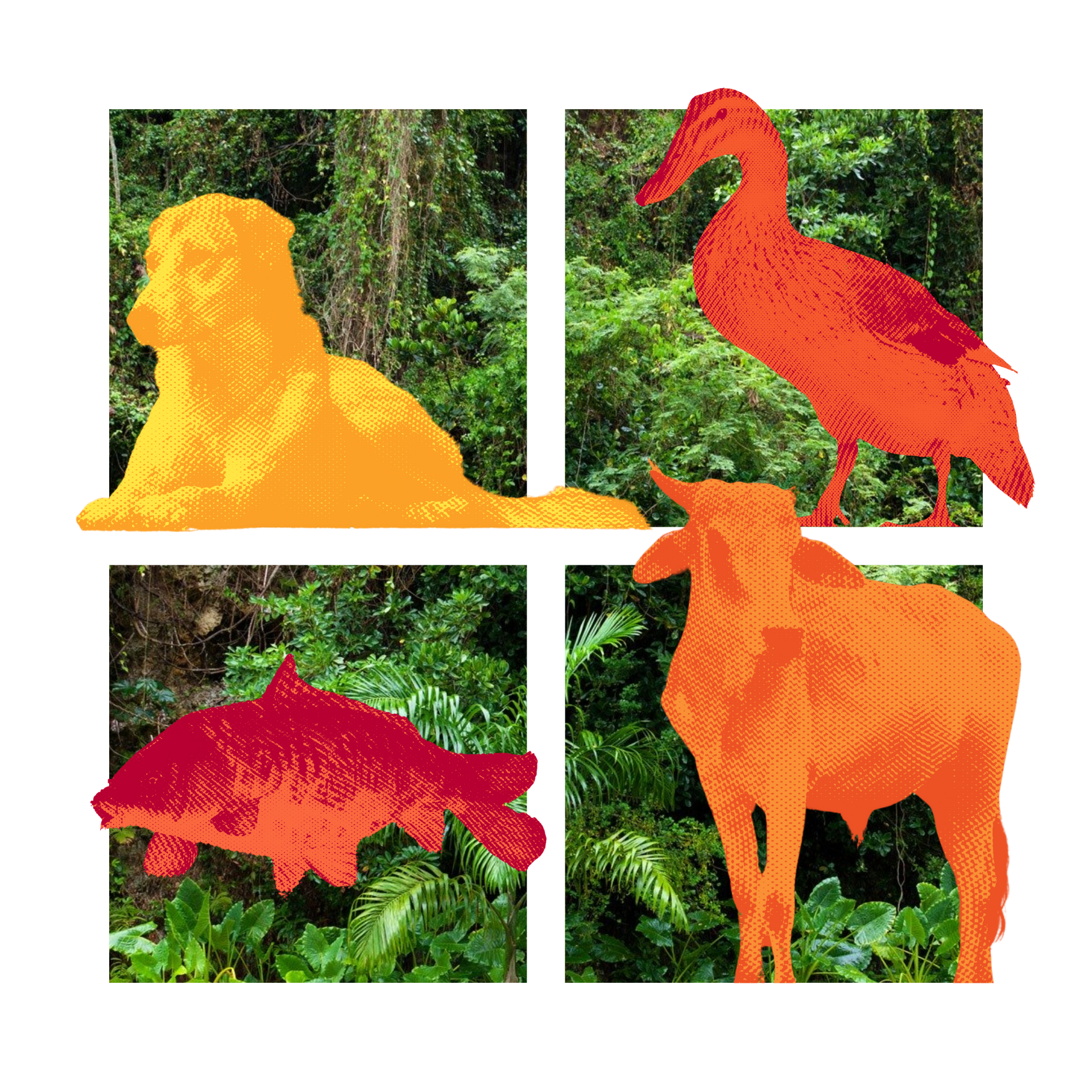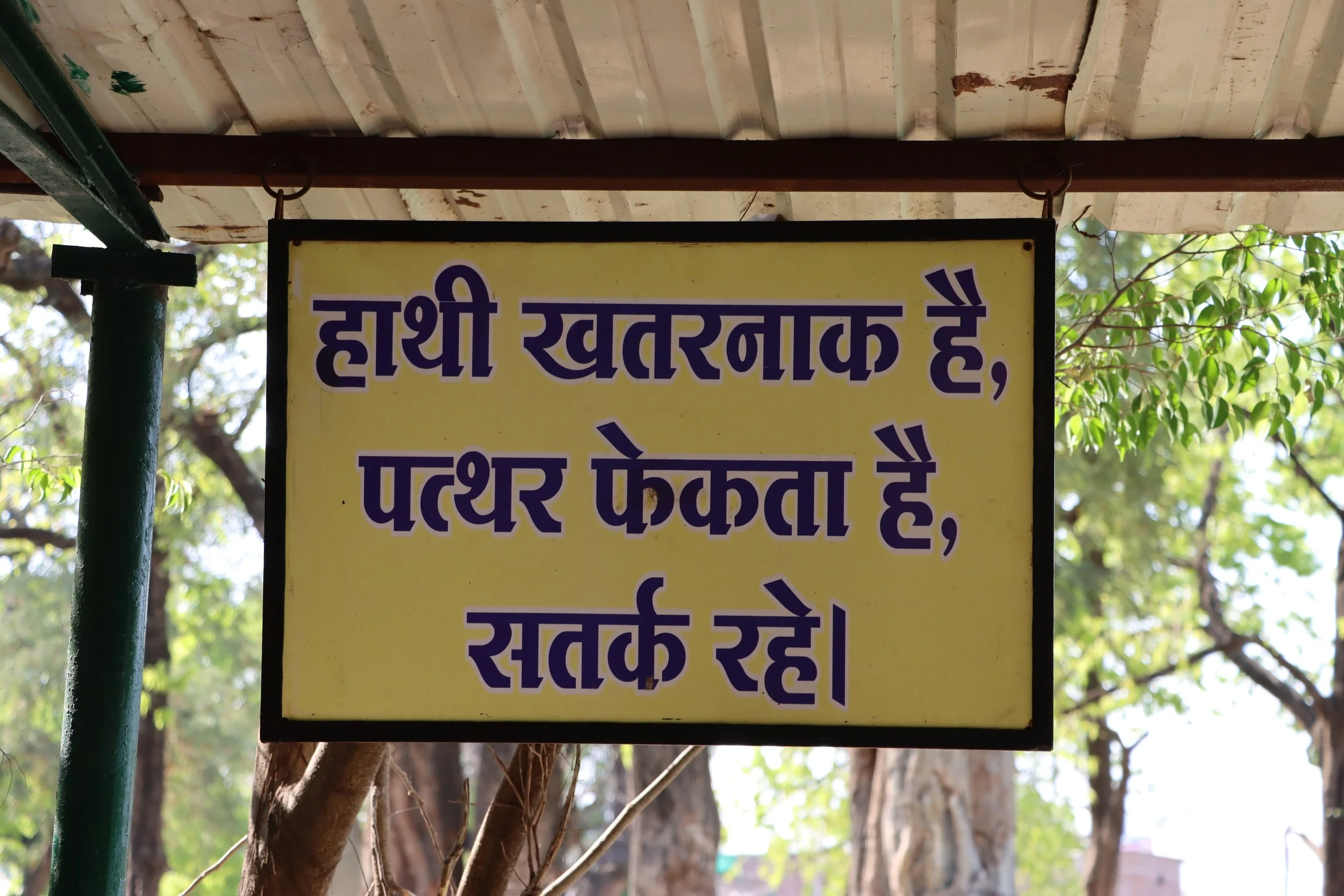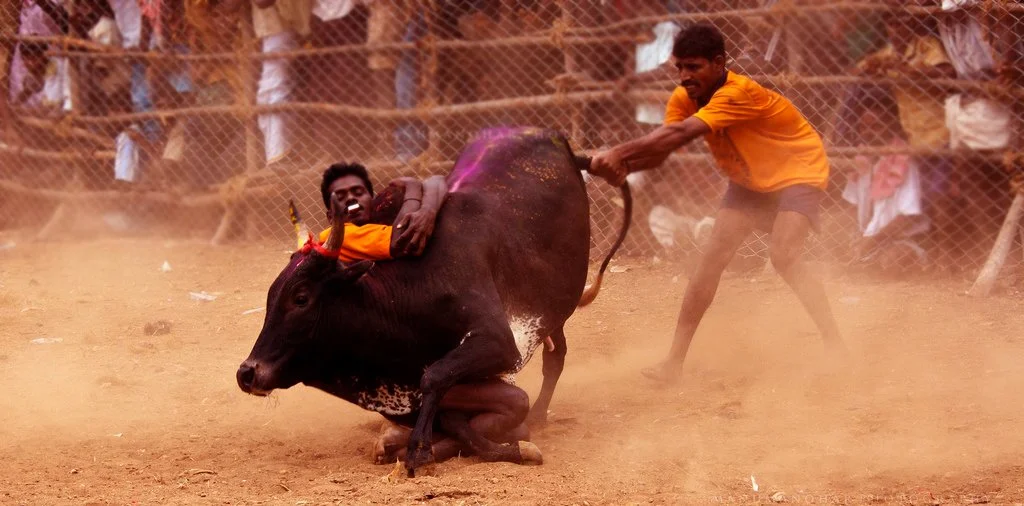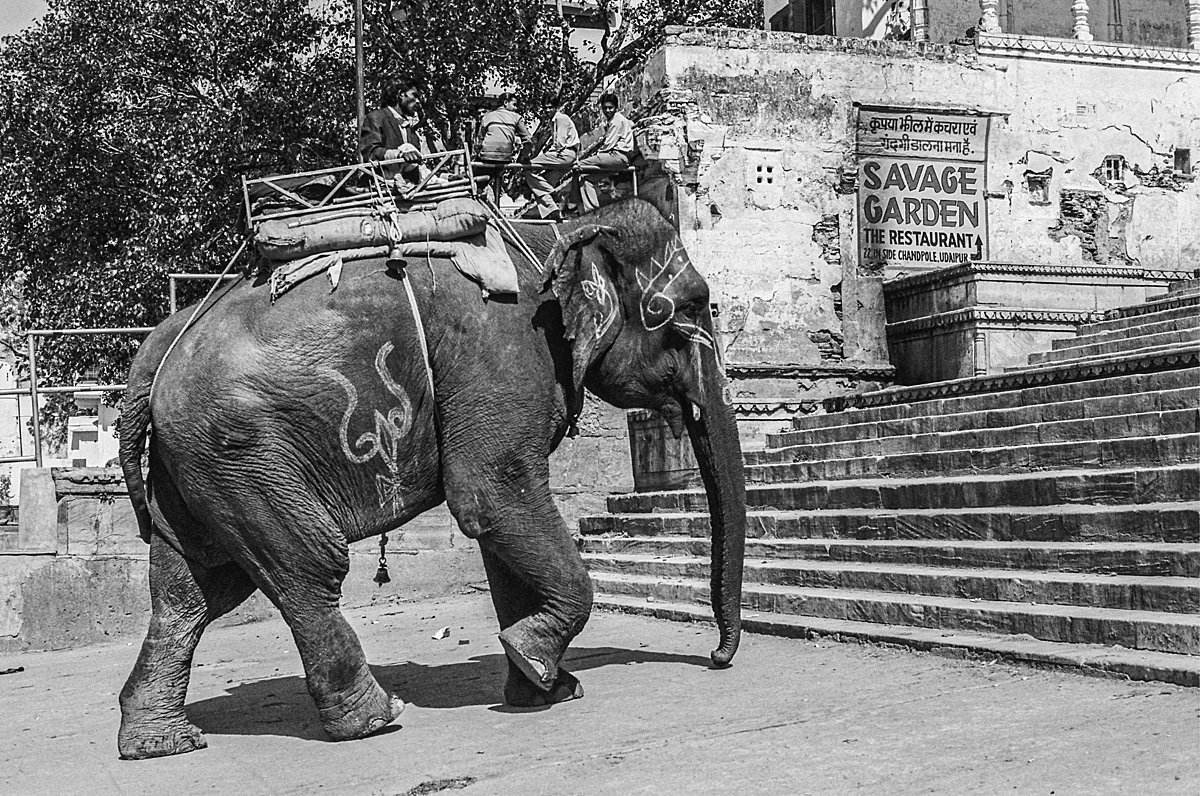
Rights (Legal)
WHAT WE DO
FIAPO goes to court to bring about legal change that benefits animals, and to enforce existing laws.
FIAPO is at the forefront of some of the leading battles for animals, such as the question of the prevalence of Central legislation over state-level laws on managing the population of street dogs; the validity of jallikattu, kambala, and other sports that torture animals for the entertainment of humans; forcing animals to perform in circuses; and enforcement of welfare standards in dairies. Our legal work spans all animals, including farmed, companion, and wild animals. We also run a legal desk to provide aid to activists and organisations in cases of cruelty or crimes against animals.
Legal Aid for Animals
-
Need legal help with a cruelty case or a crime against animals?
Reach out to FIAPO’s legal desk for help with cases of animal cruelty under the Prevention of Cruelty to Animals Act, 1960 (PCA Act), the Bharatiya Nyaya Sanhita 2023 (BNS 2023), and offences under the Wildlife Protection (Amendment) Act 2022.
-
What we do
Animal cruelty cases under PCA Act 1960 & BNS 2023
Violations under WLPA
Assistance with filing police complaints and FIRs
Legal notices and communication with police
Both criminal and civil matters
Direct case representation in Delhi courts -
What we don't do
Veterinary care or funding for vet care
General pet care advice
Non-legal rescue operations
Diet/lifestyle consulting
Fostering arrangements
Volunteer coordination
Conservation activities
Animal rehabilitation servicesReach out to our legal team today. 🐾
-
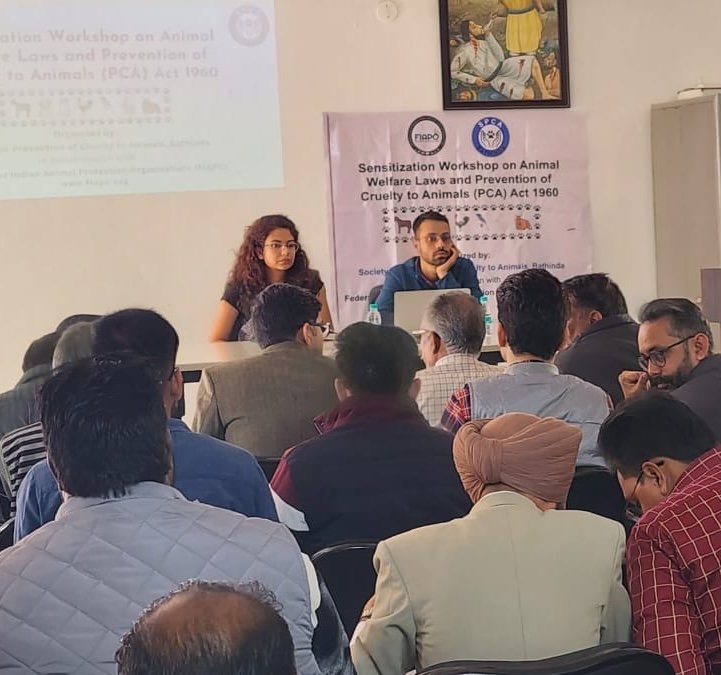
Farmed animals
Enforcing welfare standards in dairies in Uttar Pradesh
In 2016, FIAPO started its campaign called End Exploitative Dairies. An investigation into dairies in five cities of UP revealed that none of the laws, rules, bylaws and constitutional mandates were being followed and that dairies were and still are being run in violation of the licensing conditions.
Based on this investigation, FIAPO approached the Allahabad High Court in February 2020 for efficacious implementation, enforcement, amendment of the laws, by-laws and regulations pertaining to dairy animals in Uttar Pradesh. In the ongoing case to curb the maladministration of dairies in various districts of Uttar Pradesh, FIAPO filed its reply to submissions made by the Secretary, Department of Urban Development, UP.
Ban on foreign dog breeds
Ten animal protection organisations, including FIAPO, made a joint submission to the Ministry of Fisheries, Animal Husbandry, and Dairying, extending our support to the Central government’s proposal to ban the breeding, sale, and import of ferocious and foreign dog breeds that pose a danger to human life. We further submitted our suggestions on the wording and list of breeds to be included in the ban notification, to ensure that the list is comprehensive and does not allow the trade of these breeds using alternative names.
Signatories to the letter include Blue Cross of India, People for Animals Goa, Compassion Unlimited Plus Action (CUPA), All Creatures Great and Small, Thane Community for the Protection and Care of Animals, Welfare of Stray Dogs, CJ Memorial Trust, CAPE Foundation, Centre for Research on Animal Rights, and FIAPO.
Please read the complete letter here.
Going to court to enforce ban on dog fighting
Dog fighting is a cruel and illegal form of ‘sport’ prevalent in various parts of India, particularly in the northern states such as Punjab and Haryana, with incidents also reported in Delhi and Uttar Pradesh. In dog fights, two dogs are pitted against each other in brutal combat, until one is severely injured or killed. These dogs are specifically bred and trained for fighting, purely for human entertainment.
Human spectators and organisers watch these brutal encounters and often engage in betting on the outcomes. Besides cruelty to animals, dog fights also involve illegal gambling and illegal breeding of the dogs. Though dog fights are illegal in India, and punishable under the Prevention of Cruelty to Animals Act, 1960, due to a lack of strict enforcement and oversight, these illegal activities continue to thrive.
Alongside evidence gathered by animal activists, FIAPO’s investigator went underground to gain access to these fights and film them. Read the report here.
FIAPO has also filed a PIL in the Punjab & Haryana High Courts. We are also running a campaign on social media to raise awareness among the public about dog fighting. We hope that a public outcry will prompt stronger action from the authorities and put an end to this cruel practice.
Companion animals
Managing the population of street dogs
The 15-year-old case in the Supreme Court of India to decide whether the Central law (i.e. Prevention of Cruelty to Animals Act) will prevail over municipal rules was disposed of, with the bench stating that it was “leaving it open for each one of the parties to pursue their remedies on occasion so arises, if so advised, before the Constitutional Courts, other Forums having respective jurisdiction, in accordance with law.”
Therefore, cases relating to this matter will now be heard in high courts, state-wise, with the option to appeal in the Supreme Court should a decision be found arbitrary.
FIAPO had filed RTIs in 225 municipal corporations across the country to request information on animal birth control programmes conducted by them, the budgets allocated and spent every year over the past 10 years, the number of dogs sterilised every year over the past 10 years, and if any dog census has been conducted by the corporation. This data will help us with our advocacy for the implementation of the Animal Birth Control Rules 2023.
Seeking a ban on the use of animals in circuses
FIAPO is fighting a case in Delhi High Court seeking a total ban on the use of animals in circuses.
As per the law, circuses performing with animals in India were required to be registered with the Animal Welfare Board of India (AWBI) under the Performing Animal Registration Rules, 2001, as well as with the Central Zoo Authority (CZA) under the Recognition of Zoo Rules, 2009, if performing with exotic animals.
However, most circuses in the country either did not possess the paperwork or operated in blatant violation of the conditions of registration. FIAPO, along with member organisations, campaigned to end the use of animals in captivity by lobbying the Government and local authorities, raising awareness, generating public opinion and initiating direct action. Read more about the End Circus Captivity Campaign.
After more than four years of efforts and work with the Ministry of Environment, Forests and Climate Change, the ministry published draft rules that, if finalised, would ban all animal circuses in India. The Rules are yet to be notified.
In the continuing case in the Delhi High Court, in April 2024, FIAPO apprised the court of the Union government’s circular dated 15 July 2014, whereby the Animal Welfare Board of India (AWBI) was directed to take steps to deregister the animals used in circuses in a phased manner, wherever cruelty is involved, and AWBI was directed to not register any new animal thereafter. The court asked the Union of India to file a fresh affidavit apprising them of the status of this circular.
FIAPO has now filed an application asking that the court direct AWBI to stop registering circuses and granting licences for performing animals till the constitutional validity of allowing animals in circuses is decided upon by the court.
In July 2024, FIAPO reiterated its prayer that the Performing Animal Rules, 1973, and Performing Animal (Registration) Rules, 2001, to the extent that they allow the registration of animals as performing animals in circuses, be declared as ultra vires of Section 3 and 11(1) of the Prevention of Cruelty to Animals Act, 1960, and Articles 21, 48A and 51A(g) of the Indian Constitution.
Animals in captivity
Campaign to Free Moti
Captive for over 31 years, chained for 8 years, confined in an unnatural habitat — this is the story of Moti, the loneliest elephant in MadhyaPradesh!
FIAPO, the Centre for Research on Animal Rights (CRAR), and Indore Animal Liberation (IAL), are campaigning to free Moti and rehabilitate him. We sent a joint representation to the High-Powered Committee set up by the Supreme Court, headed by Justice Deepak Verma, seeking Moti’s rehabilitation.
Since the death of his companion, Champa, in 2015, Moti turned aggressive, likely on account of loneliness and the effect of years spent in captivity. He even made several attempts to break out of his enclosure. In the videos shot by IAL volunteers, Moti is seen displaying signs of zoochosis, such as constant head-swaying and banging of his head against the walls of the zoo enclosure.
FIAPO and IAL visited the Indore Zoo on July 16, 2023 for a conference about the condition of Moti, with a meeting with the PCCF (Principal Chief Conservator of Forests & Head of Forest Force), Madhya Pradesh, to effectuate a speedy transfer of Moti.
Since then, the question of rehabilitating Moti is being tossed around from one authority to another. In the meantime, Moti’s mental condition continues to deteriorate.
Jo-Anne McArthur / We Animals
Jallikattu, Kambala, bullock cart racing
The Supreme Court's pivotal ruling in Animal Welfare Board of India vs A. Nagaraja marked a significant milestone for animal rights. It not only prohibited jallikattu, kambala, and bullock cart races but also emphasised the intrinsic dignity of animals beyond their use to humans.
However, Tamil Nadu, Karnataka, and Maharashtra introduced amendments to the Prevention of Cruelty to Animals Act, permitting these events under the guise of preserving cultural traditions. FIAPO contested these amendments, as did several other national organisations, presenting the case before a Constitutional bench of five judges in late 2022.
The bench ultimately upheld the states' amendments.
Jo-Anne McArthur / We Animals
Captive elephants
FIAPO files PIL to stop capture of elephants in Karnataka
FIAPO filed a Public Interest Litigation (PIL) in the High Court of Karnataka to put a stop to the capture of elephants, which is touted as a solution to human elephant conflict. The PIL, following on several representations to the state forest department, stated that the method of capture through tranquillisers and kumkis has failed to either reduce human-elephant conflict or decrease elephant and human deaths.
The PIL argues that the capture of elephants from the wild is an egregious exercise of the power embedded in section 11 of the Wildlife Protection Amendment Act, which is leading to the death of innocent wild elephants (a protected Schedule I species), and must be stopped at once. The writ argues that the use of capture is a mere sensationalist smokescreen to appease the general public, and in effect, does not ensure peaceful coexistence. Commercial encroachments over forest lands, especially elephant corridors, is the main driver of human elephant conflict.
FIAPO files writ challenging Captive Elephant Transfer and Transport Rules 2024
Elephants are captured from the wild illegally and then their possession is 'legalised' by the issuance of ownership certificates. This is happening mostly in the North-East (particularly Arunachal Pradesh). They are then traded from the NE to across India, mostly to Jaipur (for tourism - eg Amer Fort), Kerala, temples in some other states and also private owners. It is mostly commercial, but the transaction is shown as non-commercial (as commercial transactions are prohibited under the law). These elephants are then rented or put to commercial use as private property leading to tremendous exploitation. The Wild Life Protection (Amendment) Act 2022 and the Captive Elephants Transfer and Transport Rules (2024) enable all of the above in a proactive manner with some limited restrictions.
FIAPO has filed a writ in the Delhi High Court challenging the Captive Elephant Rules 2024 as well as the 2022 amendment to the Wildlife (Protection) Act which permits transfers of elephants across the country for 'religious or any other purpose'.
